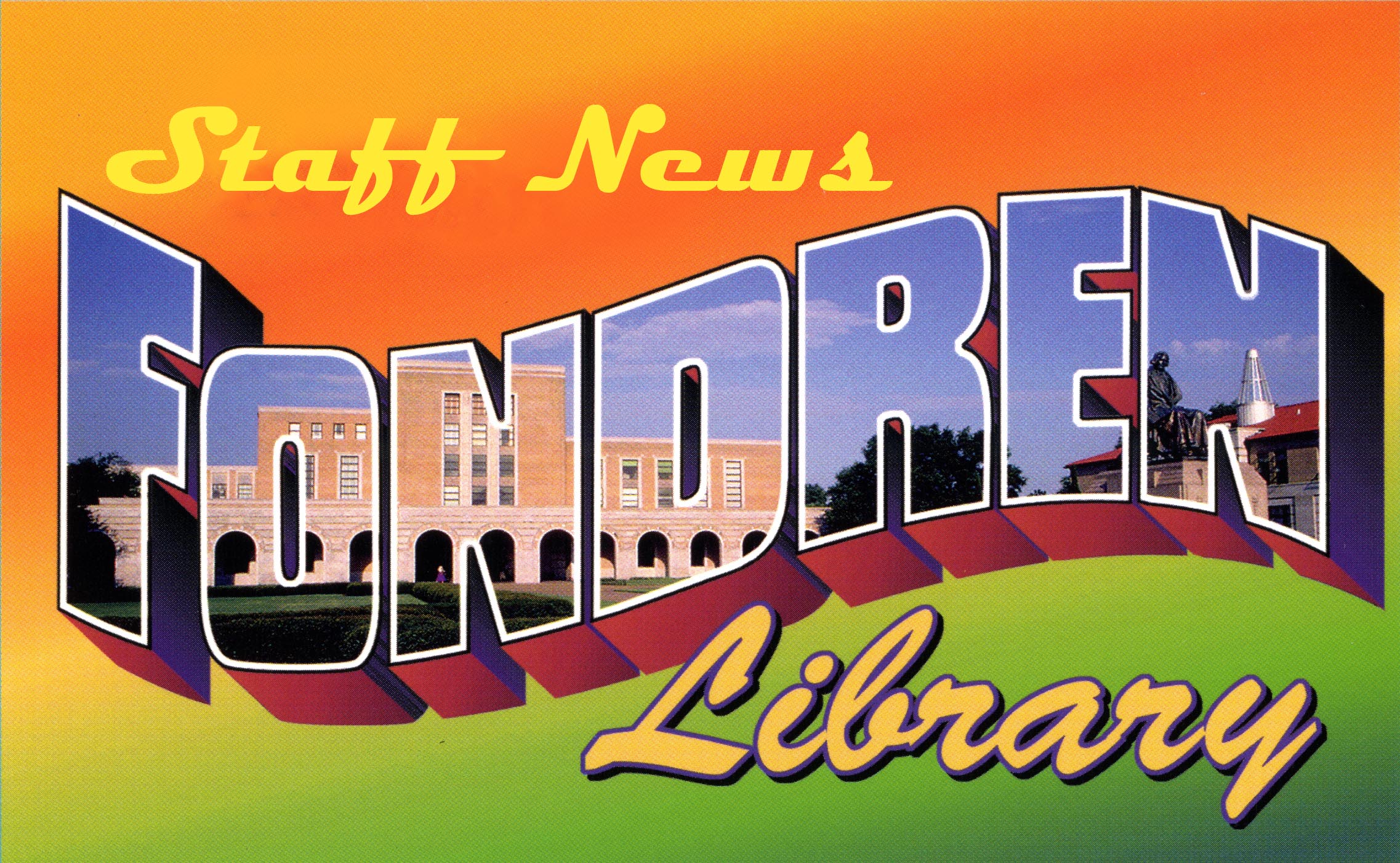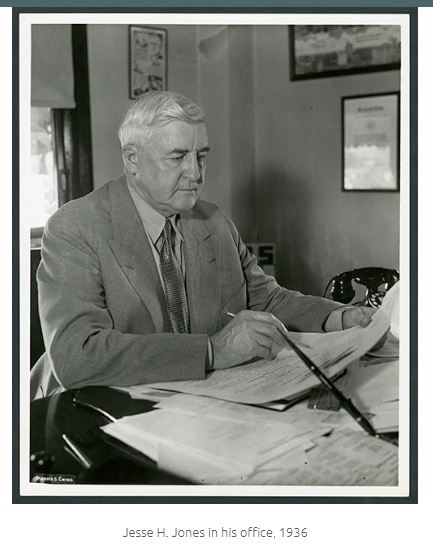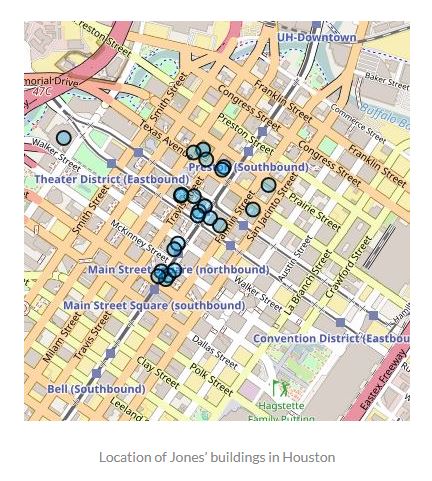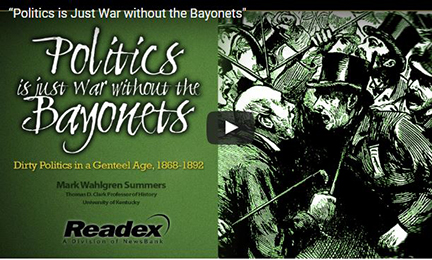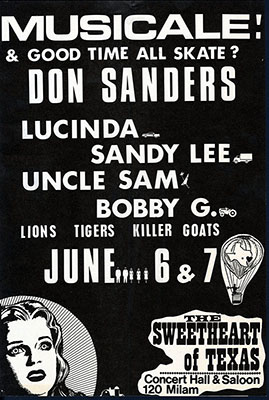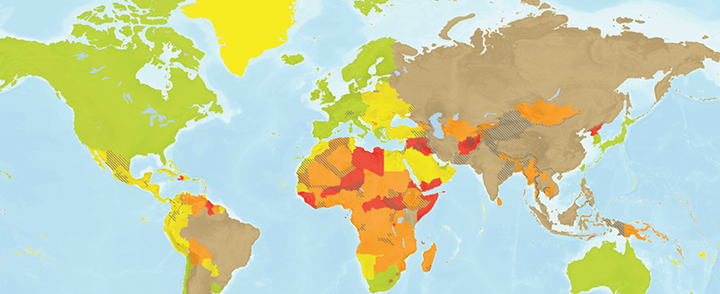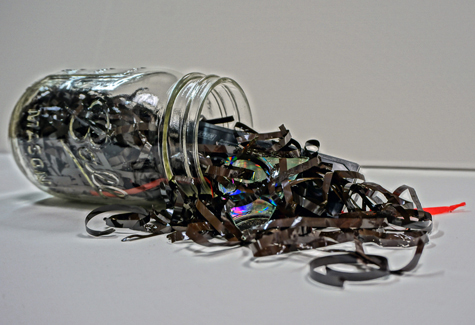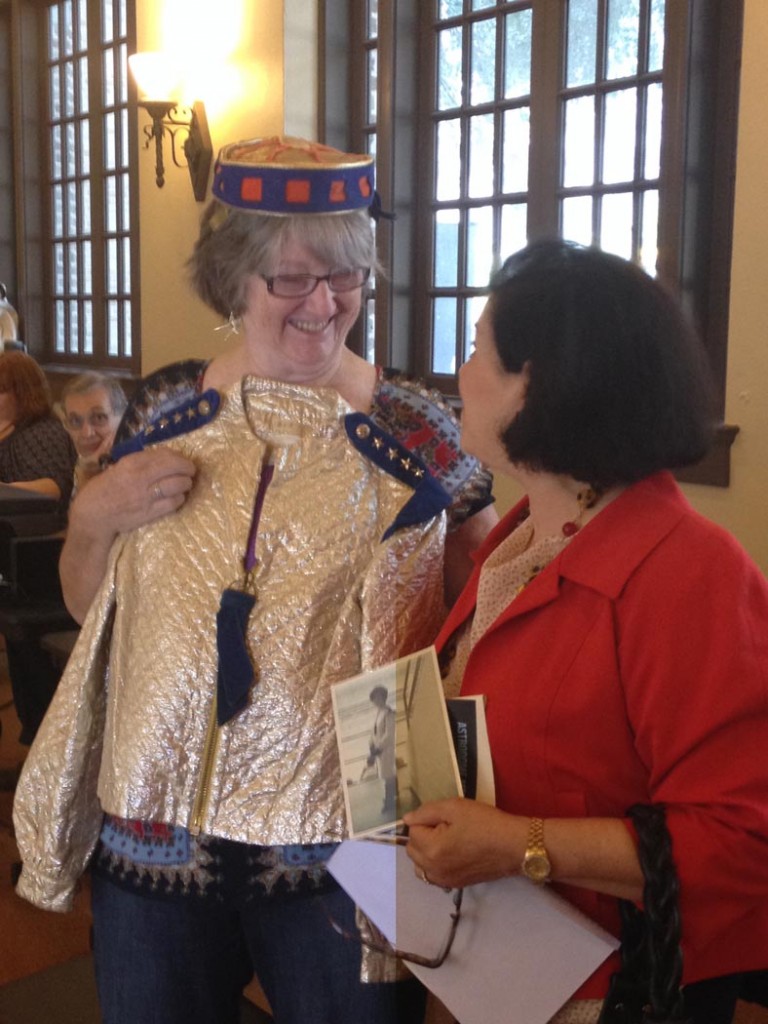As part of Keeping Current, staff members share the latest library developments gained from professional meetings in the previous year.
David Bynog

The 2016 Digital Frontiers conference offered interesting sessions on a variety of topics. Session 4: Collective Contributions in Creating a Digital Hybrid was of particular interest given the local (Houston and Texas-wide) connection. It generally covered the William J. Hill Texas Artisans & Artists Archive, a freely searchable online archive that “documents the lives, work, and products of Texas artisans and artists through 1900.” The entire session is viewable via the web archive. Since staff can watch the sessions themselves, I will offer just a few thoughts:
1) The William J. Hill Texas Artisans and Artists Archive is well funded; in part by the very generous benefactor William J. Hill (be sure to check out the current exhibit of his collection at the MFAH) as well as by a sizable IMLS grant from 2012. Without this monetary support (as is often the case), this archive would not have been possible.
2) Owing to the availability of funding, the MFAH was able to partner with other organizations to add materials to the archive. For these partner organizations, the collaboration was a win/win, as it enabled them to review/process materials from their collections to see if they were suitable candidates to add to the digital archive.
3) Many volunteers have contributed to the project as well, often doing tedious work of reviewing census data, newspapers, and other historical material.
If you don’t have a chance to look at the presentation, at least visit the archive.
Sue Garrison
I attended the online course “Disaster Preparedness Training” from Preservethis.org. Participants were instructed and then quizzed on the various tools and resources libraries can use for preparing for disasters, from earthquakes to power outages. Attendees were reminded that streaming and recorded videos are the best source of information to record damage that has occurred at a library. Detailed instructions were provided for completing a disaster plan template using the free software from dPlan.org. This software can customize information for an organization and has the ability to allow users to upload floor maps for their building. Libraries can test the software by going to dplan.org/demo.asp for more information. Users can create and save their disaster plan on-line, however it is recommended that users always keep one copy off-site.
Additionally many topic specific resources were discussed including “Salvage Wheel”, a mobile app that discusses how to rescue, salvage and restore items, “First Aid App”, which is integrated with 911 and has a CPR clock feature, “Floodwatch App”, (Apple only), which provides flood stage info and graphs that provide the rising and falling of waterways including the many bayous in our area, “Hurricane App”, which informs users what to do before and after a hurricane, provides flood and tornado information, does not require an Internet connection, and can turn any smartphone into a flashlight/strobe light, and the most impressive of the group, “Panic mate App”, which can notify anyone that you’re in trouble, set up to 5 e-mail/mobile contacts, set a message, create two widgets (panic button and call back button), receive message and location, and receive e-mail and location (requests a call back).
I attended the TLA District 8 Fall 2016 Conference on September 24, 2016. The keynote speaker was Crystal Allen, author of several books including her most recent “How Lamar’s Bad Prank Won a Bubba-Sized Trophy”. She spoke to the library community about owning your profession and being passionate about the vocation. Breakout speakers who focused on academic topics were Theresa Hefner-Babb/Lamar University, who discussed her doctoral thesis exploring dimensions of library leadership behaviors, and Shannon Burke and Clarke Iakovakis/UHCL who discussed using Excel and R Programming to create reports to compare eBook vendor data and ILS data to determine eBook coverage, usage, selection and deselection. Additionally, Patrick Ferrell from Harris County Public Library presented a very popular session on “Simple Circuits: A Maker Staple”, in which he discussed techniques, materials, and resources libraries can use to teach patrons how to create simple electric circuit projects. Participants were provided materials and instruction to create their own ‘paper circuit’.
Kathy Weimer
I attended the American Association of Geographers Conference and presented at two venues. First, I was invited to speak on a panel on careers for geographers, where I spoke about the work and careers of map and GIS librarians and the value that the geography degree can bring in those positions. Second, I co-presented a poster on the topic of geographic content in a linked open data environment, specifically work that I am doing with colleagues on the LD4P Mellon grant on cartographic resources and development of BIBFRAME. That poster can be seen in the RDSA : https://scholarship.rice.edu/handle/1911/88862 Further, I attended various sessions on geographic content in the humanities (i.e. geohumanities), sources of GIS data, and spatial awareness/spatial thinking/education.
